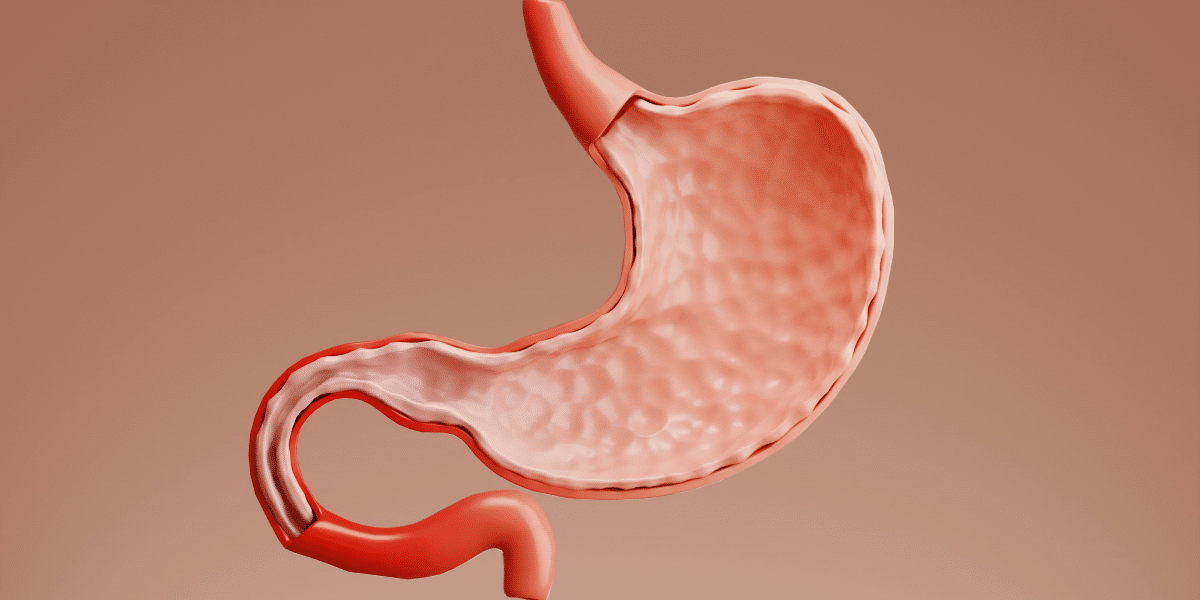Gastric sleeve surgery is a bariatric procedure that some individuals choose when aiming to lose weight and enhance their overall health. While highly effective, some people wonder if their sleeves can be tightened after the surgery, especially if they experience weight regain or reduced results. Let’s explore whether tightening a gastric sleeve is possible, what options are available, and how to maintain the outcomes.
Some individuals may notice changes in their weight, appetite, and certain health conditions after the procedure. However, these outcomes are influenced by long-term lifestyle choices.
Why Would a Gastric Sleeve Need Tightening?
Over time, the stomach sleeve may stretch, a phenomenon called sleeve dilation. This can occur due to overeating, consuming high-calorie liquids, or not following post-surgery dietary guidelines. A dilated sleeve can hinder weight loss or even lead to weight regain.
Weight Regain After Surgery
Weight regain is not uncommon and may happen for various reasons, such as hormonal changes, psychological challenges, or old eating habits resurfacing. It’s essential to address these factors before considering surgical solutions.
Can a Gastric Sleeve Be Tightened?
The short answer is yes, a gastric sleeve Turkey can be tightened, but the process and approach depend on the individual’s circumstances, medical history, and the extent of the issue.
Gastric sleeve surgery, also known as sleeve gastrectomy, aims to reduce the size of the stomach. Over time, factors such as lifestyle changes, eating habits, or natural body adjustments may lead to stomach stretching, which could impact the procedure’s effectiveness. Below is an overview of potential tightening methods and the options that might be available.
The stomach naturally has some elasticity, which allows it to stretch and accommodate food. Post-surgery, patients are advised to follow strict dietary guidelines to prevent overloading their smaller stomachs.
However, if these guidelines are not followed consistently or due to other physiological changes, the sleeve can dilate (expand). This expansion reduces the restrictive effect of the surgery, which can lead to weight regain.
Signs Your Sleeve May Require Tightening
- Persistent hunger or lack of satiety after eating.
- Difficulty controlling portion sizes despite prior success.
- Noticeable weight regains over time.
- Imaging tests showing sleeve dilation.
Is Sleeve Tightening Always Necessary?
In some cases, weight regain or reduced restriction may be addressed through lifestyle changes, nutritional counseling, or behavioral therapy. Tightening the sleeve might be considered when these non-surgical approaches do not achieve the desired results or if there is noticeable sleeve dilation affecting health or weight management.
How Can a Gastric Sleeve Be Tightened?
If the decision is made to tighten the gastric sleeve, there are two primary approaches: minimally invasive endoscopic and revisional surgeries.
Revisional Surgery Options
When tightening the sleeve is necessary, doctors may recommend:
- Endoscopic Sleeve Gastroplasty (ESG): A minimally invasive method to reduce stomach size.
- Conversion to Gastric Bypass: This option may be considered for individuals seeking a more comprehensive approach to managing their weight.
Endoscopic Sleeve Gastroplasty: A Minimally Invasive Option
ESG involves placing sutures in the stomach using an endoscope with the aim of reducing its size. This procedure typically does not require external incisions, offering a potentially less invasive alternative to traditional surgery.
Benefits and Limitations
- Benefits: Quicker recovery, less pain, and no external scarring.
- Limitations: Results may not be as dramatic as traditional surgery, and not all patients are candidates.
When Is Revisional Surgery Necessary?
Revisional surgery is considered when non-surgical methods fail to address sleeve dilation or significant weight regain.
Common Revisional Procedures
- Gastric Bypass: Redirects food to a smaller stomach pouch.
- Re-Sleeve Surgery: Tightens the existing sleeve for suitable candidates.
Non-Surgical Approaches to Managing Sleeve Dilation
- Dietary Adjustments: A nutritionist can help you develop a tailored eating plan to manage your sleeve’s capacity. Smaller, protein-rich meals are key.
- Behavioral Interventions: Therapy can address emotional eating or other behaviors contributing to weight regain.
Factors to Consider Before Opting for Sleeve Tightening
- Medical Evaluation
To determine the best course of action, you must have a thorough evaluation with your bariatric surgeon, including imaging and tests.
- Weighing Risks vs. Benefits
Any procedure carries risks, such as infection or complications. Discuss these with your doctor to set realistic expectations.
Preventing the Need for Tightening
- Adhering to Post-Surgery Guidelines
Follow your surgeon’s advice, including dietary recommendations and exercise plans, to maintain results and avoid sleeve dilation.
- Lifestyle Changes for Sustainable Results
Adopting habits that support long-term well-being, such as staying active, limiting processed foods, and practicing mindful eating, can be beneficial.
While a gastric sleeve may be adjustable in some cases, it might not be necessary or the right choice for everyone. Taking proactive steps, seeking professional guidance, and making sustainable lifestyle changes are often helpful in maintaining the benefits of gastric sleeve surgery. If you are considering your options, it’s a good idea to consult with your healthcare provider to determine the best approach for your individual needs.
Ready to explore your options for gastric sleeve tightening? Visit Flymedi. You can compare various clinics and treatments available worldwide, read reviews, explore personalized solutions, and connect with trusted healthcare providers as part of your journey.
Disclaimer: The information in this article is intended for informational purposes only and does not substitute professional medical advice. Always consult a healthcare provider for guidance tailored to your individual needs.
Published by Zane L.



















